Organic panela sugar
Wholesaler August Töpfer & Co. sources traditional, Columbian panela sugar from selected, South American producers that meet high quality standards.
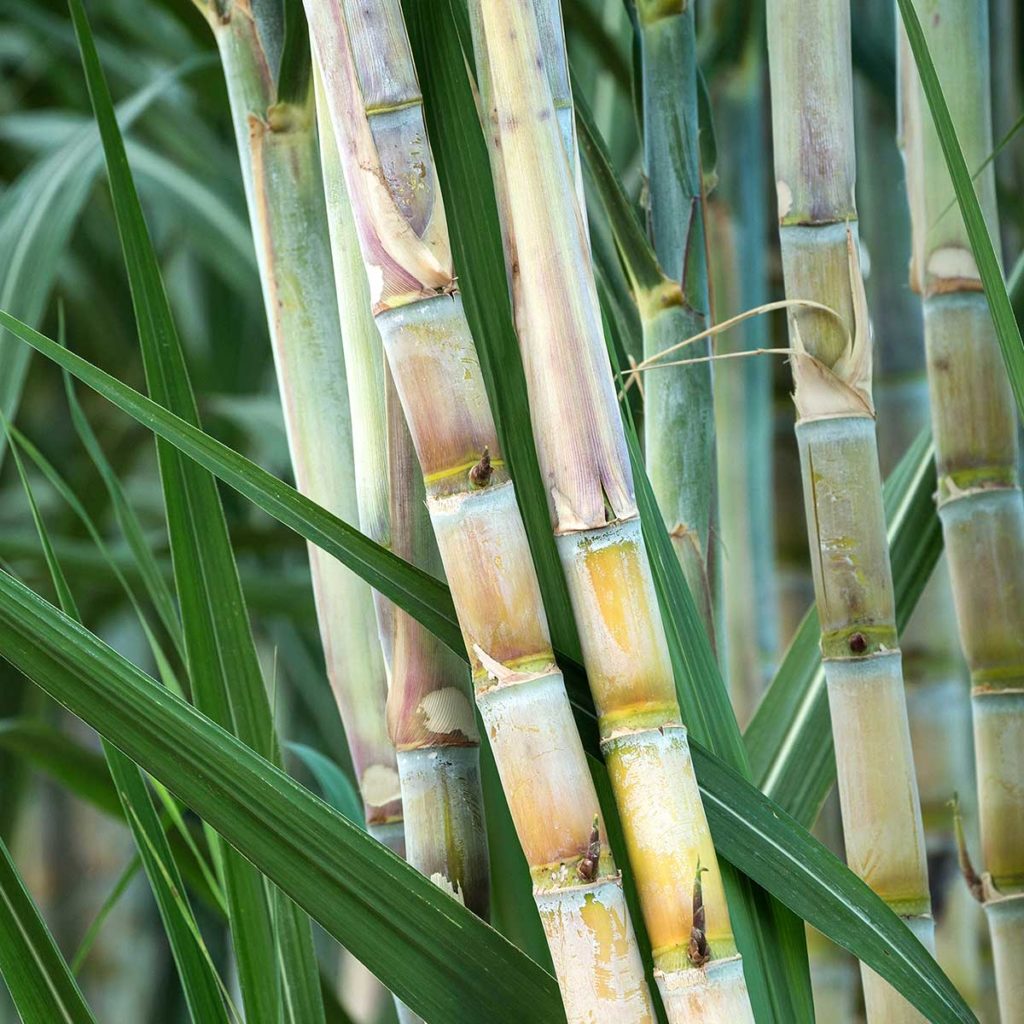
About whole cane sugar
Whole cane sugar is an unrefined type of sugar. Its sucrose content is around 91 percent and is therefore much lower than that of Industrial sugar. When producing whole cane sugar, some of the molasses remains, which gives the product its characteristic brown colour and its aromatic, caramel-like flavour. This sugar syrup also contains the natural and healthy nutrients of the sugarcane raw material, including various minerals and vitamins.
While the white sugar available in Germany and other temperate regions comes from sugarbeet, the raw material of whole cane sugar is sugarcane. This raw material only grows in regions with a subtropical or tropical climate. Temperatures below 20 °C inhibit the growth of the plant and stop it entirely below 15 °C. South American countries are particularly important for the cultivation of sugarcane.
Panela: special whole cane sugar
Panela is a special whole cane sugar from Columbia, which has established itself as a popular and traditional sweetener in Asian as well as South American countries. It should not be confused with a Mexican cream cheese of the same name. In Mexico, the whole cane sugar is called “piloncillo”. Other regional terms for panela sugar are raspadura or rapadura, panocha or chancaca. In India, panela is considered a remedy that is primarily used for inflammations of the respiratory tract.
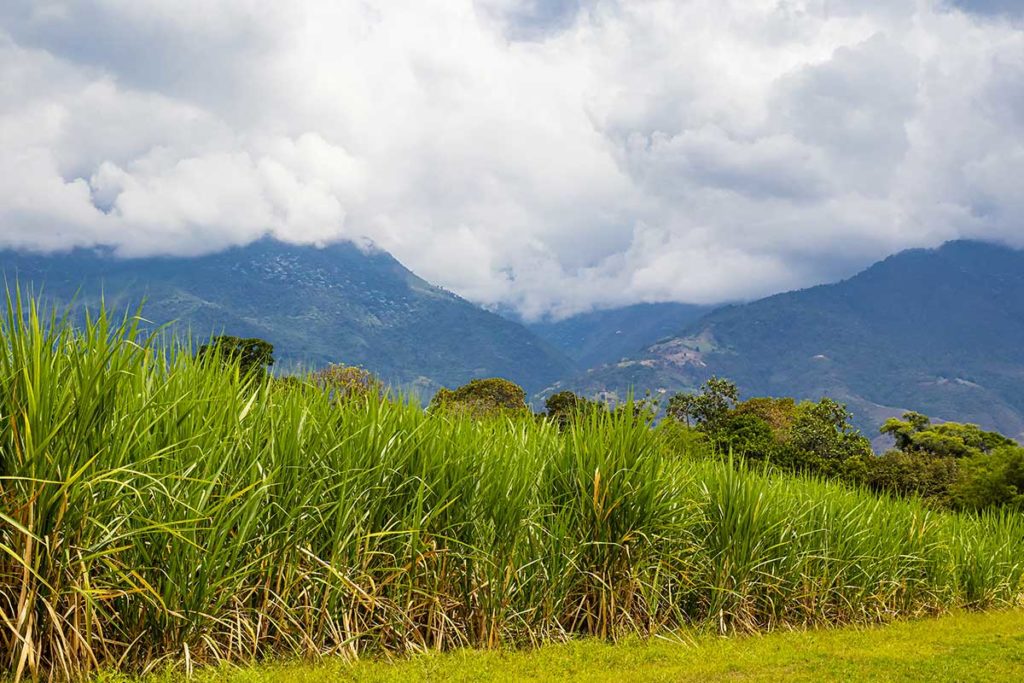
Production of panela sugar
As is normal for the production of whole cane sugar, panela is made from the renewable resource sugarcane. The production process begins with the extraction of the cold-pressed sugarcane juice that contains up to 20 percent sugar. Motorised mills are traditionally used for this purpose. The cellulose of the plant is left behind from process and it can be used as compost for new soil. The sugarcane juice is then gently heated and thickened in copper vats while being constantly stirred. This gradually results in a viscous mass being formed. Balsa wood is added in order to bring foreign substances to the surface, where they can be skimmed off. This lifts unwanted components in the mass to the surface. The mass is set in round or quadratic moulds at cool temperatures.
The sugar naturally crystallises, without the refining processes that are normal for white sugar. Finally, the panela sugar is ground into fine sugar crystals or split into smaller portions and sold as blocks.
The production process does not involve refining. Refining describes the procedure in which the sugar is repeatedly dissolved, filtered and crystallised. Finally, the sugar is centrifuged and separated from the sugar syrup. The resulting Cane sugar consists almost exclusively of sucrose. The production of raw cane sugar differs in that refining is only performed once. Panela sugar is a type of whole cane sugar and undergoes no refining whatsoever.
Importance of panela for Columbia
Panela was introduced into Columbia in the 16th century. The sugar is an integral part of the culture and tradition of this country. Today, the South American country is the most important producer and exporter of this kind of sugar. Every year, Columbia produces around 1.4 million tonnes of panela sugar. At the same time, the country is also responsible for the highest consumption of this sugar variety, with over 34 kilograms per capita per year. Panela sugar is a major source of income for many farmers and much of the rural population of this country. It is therefore also important in local and regional trade as well as the national economy. Around twelve percent of the rural population are involved in the cultivation and exploitation of sugarcane. Only coffee cultivation employs more people. The importance of panela in Columbia is celebrated with an annual parade. Dating back to 1977, the festival expresses appreciation for the hard work of farmers. Further countries involved in producing sugarcane are Ecuador, Guatemala, Panama, Peru, Chile, Venezuela, Mexico, Brazil and Bolivia.
Is panela sugar healthy?
Whole cane sugar contains some sugar syrup, which in turn contains certain vitamins and minerals. In contrast to white granulated and industrial sugar, this natural type of sugar is not depleted of its nutrients as a result of refining or chemical processes. Consequently, panela is considered a healthy alternative. Indeed, unlike conventional sugar, panela sugar contains small quantities of magnesium, iron, potassium, calcium, zinc and vitamin B6. In order to ingest useful quantities of these nutrients, however, it would be necessary to consume a large amount of sugar. Panela sugar also has a very high amount of calories and carbohydrates or sugar. For this reason, panela and sugar generally are not suitable sources of nutrients. Fruit, vegetables and legumes contain a much greater amount of healthy nutrients.
Panela sugar has a glycaemic index of 35. This value is comparable with that of Coconut sugar and is around half as much as that of conventional granulated sugar. The index shows the extent to which carbohydrates contained in food have an effect on blood-sugar levels. Due to imprecise measuring methods and results, however, the concept is controversial.
The following table summarises the nutrients contained in panela sugar. The carbohydrate content of 88 grams per 100 grams of sugar reveals a clear difference compared to conventional industrial sugar, which consists of over 99 percent pure sucrose.
| Nutritional value | per 100 grams |
|---|---|
| Calories | Approx. 380 kilocalories |
| Protein | Approx. 1 to 2 grams |
| Carbohydrates | Approx. 88 grams |
| Fat | 0 to 1 gram |
| Vitamin B1 | Around 1 percent |
| Vitamin B6 | Around 3.2 percent |
| Iron | Around 2 percent |
| Calcium | Around 1.5 percent |
| Potassium | Around 1.3 percent |
| Zinc | Around 4 percent |
| Magnesium | Around 1 percent |
Use of panela sugar
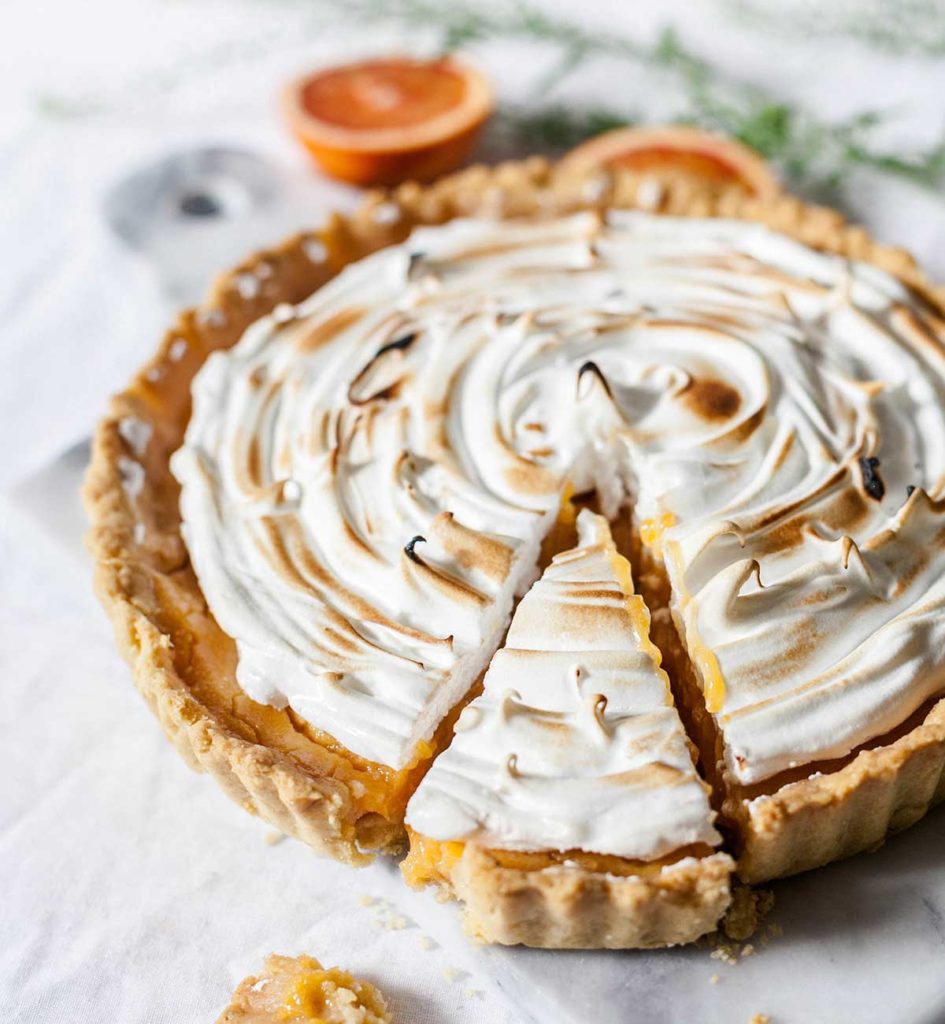
The solid form of this sugar variety initially facilitated its transport. Today, panela sugar is also available wholesale in crystallised form. Its powdery consistency makes the sugar even more soluble in drinks and dishes. Consumers predominantly value the aromatic flavour as well as the natural processing of the sugar.
The sweetness of one gram of traditional panela sugar is comparable with one gram of granulated sugar familiar to us in Europe. In baking and cooking recipes, it’s therefore possible to substitute between the two sugar varieties without adjusting the recipe. The flavour of this whole cane sugar is described as fruity and caramel-like and is also associated with liquorice and honey. Due to these flavours, panela is particularly popular for use in sweet pastries and other sweet dishes. However, this sugar variety can also be used in savoury dishes and as an ingredient of sauces if the caramel flavour and dark colour are desired.
In Columbia, panela is used for the production of “aguapanela” tea or “agua de panela”, which has become a popular alternative to coffee in the South American country. Around one part panela sugar is mixed with three parts water to make this beverage. If necessary, the flavour can be rounded off with lime juice. People in Columbia enjoy this tea both hot and cold.
Our panela sugar is certified:
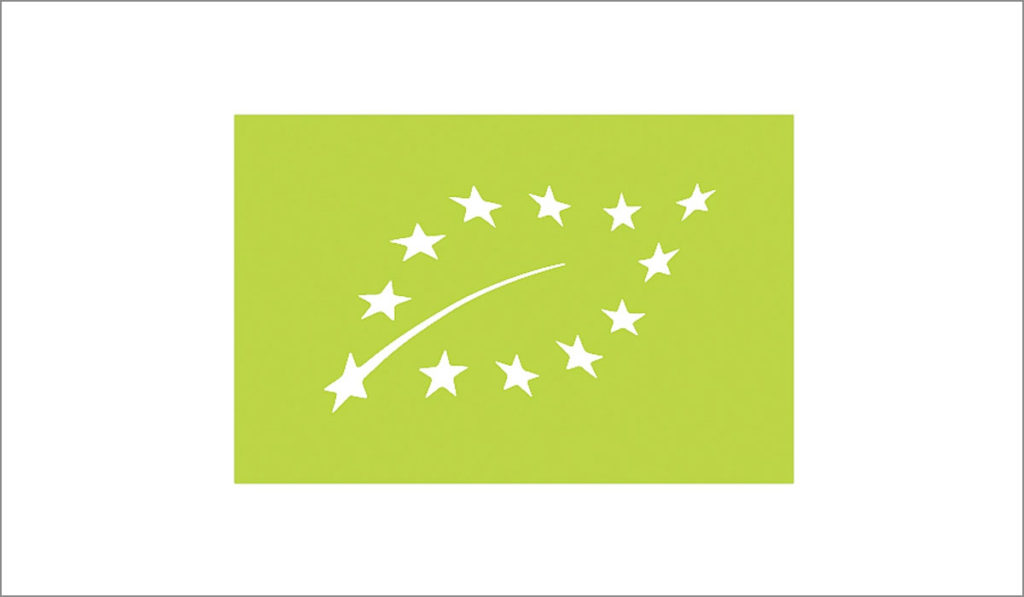
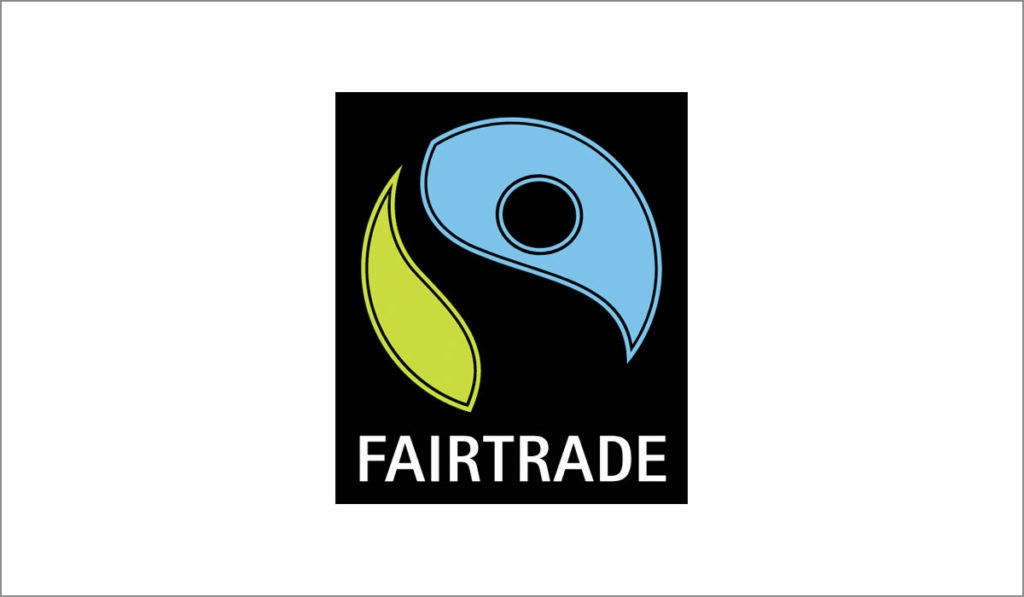

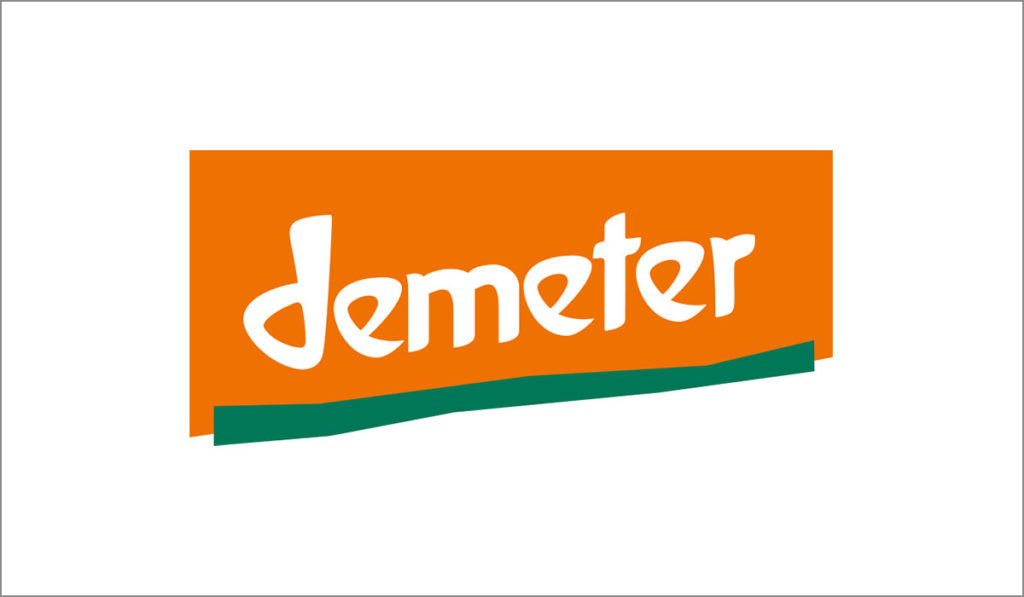
Buy organic panela sugar from wholesaler August Töpfer & Co.
Traditional panela sugar is almost exclusively produced in Latin American countries and in most cases by small-scale farmers involving manual labour. This makes it all the more important that we work closely with carefully selected producers in the countries of origin, with whom we have been in contact for several decades. In 2006, strict hygiene requirements on the production and trade of panela sugar entered into force. This involves, for example, the use of certified seeds as well as certain technologies. Strict monitoring of the high quality standards is just as important to us as on-time delivery.
Since sugarcane cannot be grown in Europe’s temperate climatic zone due to the crop’s climatic requirements, table sugar available in Europe is made from sugarbeet. The World Trade Organization only gradually lifted customs and quotas on cane sugar in 2004. Today, raw cane sugar as well as whole cane sugar varieties are available in our wholesale range. At August Töpfer & Co., you can find all products in high quality – including irregular cane sugar lumps, organic cane sugar lumps or cane sugar in various qualities. When buying panela sugar, you can choose from products in ground form or as solid blocks.
